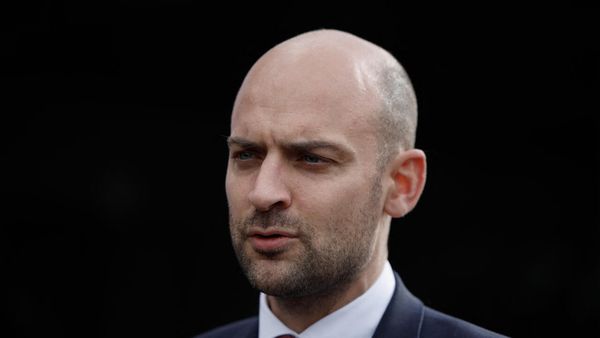D-Wave Quantum on Monday touted quantum computing synergies with artificial intelligence in problem solving at a customer conference. D-Wave also updated its technology roadmap. While quantum computing stocks have been on a roller-coaster ride this year, D-Wave has done better than its peers.
No financial updates were expected at the Qubits 2025 conference in Scottsdale, Ariz.
Palo Alto, Calif.-based D-Wave unveiled new quantum computing applications underway with the pharmaceutical division of Japan Tobacco as well as automotive work with Ford Otosan, a joint venture between Ford Motor and Koc Holding in Turkey.
The "proof of concept" project with Japan Tobacco utilized quantum computing technology in a drug discovery application. D-Wave's quantum machine aided in training an artificial intelligence model to produce novel molecular structures, the companies said.
"AI has made impressive advancements but faces a computational challenge due to escalating power needs and costs," D-Wave Chief Executive Alan Baratz said in a statement.
Quantum Computing Stocks Volatility
"Quantum computing's integration with AI and machine learning could offer scalable, energy-efficient solutions to address these issues and potentially offer enhanced AI capabilities," Baratz said.
Quantum computing stocks have been volatile in 2025 amid controversy involving Nvidia over how soon commercially viable quantum technology will be available.
In 2025, D-Wave stock has dipped 10%. Shares of Rigetti Computing have tumbled 46%, Quantum Computing has dropped 49%, and IonQ has retreated 45%.
Quantum computing works on a subatomic level and uses exotic technologies, like supercold superconductor chips. Further, quantum computing aims to solve problems too complex for today's classical computers, such as simulating chemical reactions. Other applications are expected in material design.
In February, D-Wave won a deal in Germany. The Jülich Supercomputing Centre bought one of D-Wave's quantum systems.
In its December quarter, D-Wave reported an 8-cent per-share loss on an adjusted basis vs. a 6-cent loss a year earlier. Revenue fell 21% to $2.3 million.
View More Quantum Computing News
Follow Reinhardt Krause on X, formerly Twitter, @reinhardtk_tech for updates on artificial intelligence, cybersecurity and cloud computing.







